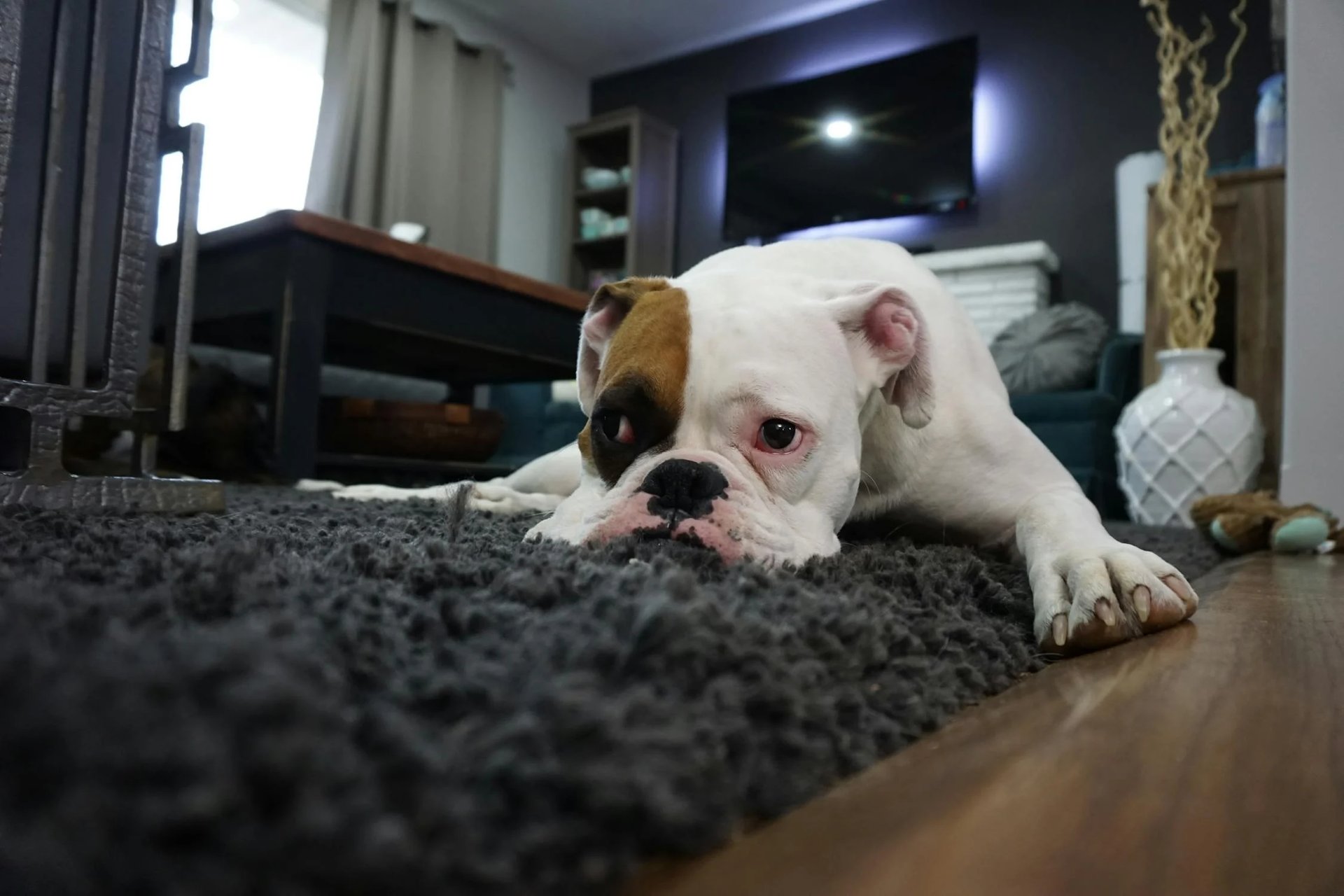Guaranteed Comfort and Complete Care for Your Pet.

Exploring Home Remedies For Hip Dysplasia In Dogs And Treatment Options In Dubai


Many dogs face hip dysplasia, which limits comfort and mobility, and often causes pain and changes their behavior. Symptoms such as limping or stiffness may appear suddenly or progress gradually. Over time, joint problems can worsen if owners ignore subtle symptoms. Quick action leads to better outcomes and early detection can help reduce joint damage. Pet owners in Dubai often explore home remedies for hip dysplasia in dogs before seeking professional veterinary support. Vets recommend a strategy that includes home-based practices and specialized treatments at a pet health veterinary clinic. Consistent checkups reveal problem areas and guide decisions. Visit Petland Wellness Dubai to keep your pet healthy and active.
Understanding Hip Dysplasia in Dogs
Hip dysplasia in dogs involves an irregular fit between the femur and the hip socket. This issue creates friction and limits comfortable movement. Some dogs inherit this condition, while others develop it due to rapid weight gain and imbalanced diets. In many cases, large breeds experience a higher risk, though smaller dogs may also face hip problems.
Watch for signs such as limited activity, difficulty rising, and discomfort during walks. Limping can be a strong indicator that something is wrong. If you notice any of these symptoms, you should visit a pet health veterinary clinic, as prompt medical advice prevents further harm. First, x-rays and physical exams confirm the diagnosis, and then the vet outlines treatments that fit the dog’s situation. Timely support can improve the life quality of your furry friend and slow disease progression.
Hip dysplasia is a common condition in dogs.
Preventing Hip Dysplasia in Dogs
Preventing hip dysplasia in dogs involves a combination of early detection, good nutrition, and responsible exercise. Early detection lowers the chance of hip problems turning serious. Routine vet visits catch early warning signs through physical exams or imaging. At-risk breeds benefit from close observation.
Good nutrition from puppyhood remains valuable as growing dogs need appropriate protein, vitamins, and minerals for healthy bone formation. Overfeeding can cause unnecessary weight gain, which leads to extra joint strain.
Adequate exercise promotes muscle development and stable hips. Strenuous activities might harm delicate joints, so moderate play and controlled movements are safer. Families who prefer natural remedies for hip dysplasia in dogs can focus on these preventive strategies at the start.
Remedies for Dog Hip Dysplasia Home Treatment
There are some home remedies for hip dysplasia in dogs that pet owners use to ease discomfort. Weight management, gentle exercises, and supportive bedding can offer relief, while balanced nutrition and low-impact routines help stabilize movement.
Weight management stands out as a major factor as extra pounds strain the hips and speed up joint damage. Some diet adjustments for dogs with hip dysplasia include controlled portions to help maintain a healthy frame and nutrient-rich foods to support bone and muscle function.
Orthopedic beds and padded mats for your dog can reduce stress on hips. Ramps can replace stairs in your home, helping your dog move freely. Physical therapy adds another layer of support. Gentle walks, short swimming sessions, and controlled play help your pet build stronger muscles without putting extra force on joints. High-impact activities can worsen inflammation, so focus on lower-intensity routines.
Some pet owners in Dubai explore natural remedies for hip dysplasia in dogs, such as glucosamine and chondroitin. These supplements may enhance cartilage health. Omega-3 fatty acids can reduce painful swelling. Consistent home strategies improve comfort and stamina over time. Try these approaches to support hip health:
Keep your dog’s weight under control through portion management
Choose gentle exercises that promote mobility
Add supplements, with vet approval, to reduce pain
Provide soft bedding and ramps for daily convenience
Following these steps can make a noticeable difference in your dog’s comfort and daily mobility. However, natural remedies for hip dysplasia in dogs support healing only when used responsibly. Keep in mind to always consult a vet before trying new products.


Natural remedies can support stronger hips in dogs.
Professional Treatment Options in Dubai
Veterinary centers in Dubai provide advanced options that complement dog hip dysplasia home treatment. There are specialized dog rehabilitation programs that target muscle building while reducing pressure on affected joints. Hydrotherapy uses water’s buoyancy to support movement and lessen pain. Massage therapy helps reduce tension, increase circulation, and improve relaxation.
Veterinarians also prescribe medications to address inflammation and discomfort. Nonsteroidal anti-inflammatory drugs calm irritated tissues, while injections with substances such as hyaluronic acid can promote joint function. Each plan depends on the dog’s age, weight, and condition.
Hip dysplasia surgery for dogs becomes the best option when home remedies for hip dysplasia in dogs cannot resolve severe symptoms. Another option involves removing the femoral head in a procedure known as a femoral head ostectomy. Both methods aim to restore mobility and reduce pain.


Home remedies for hip dysplasia in dogs support professional treatment.
Benefits of Home Remedies For Hip Dysplasia In Dogs
Home remedies for hip dysplasia in dogs, such as controlled exercise and weight management, can deliver meaningful support. Combining these methods with professional advice in Dubai delivers better outcomes for many pups. Ongoing checkups reveal how well current therapies work and adjustments then maintain progress. Some owners also explore dog hip dysplasia home treatment as an added layer of care. These steps help strengthen muscles and reduce joint strain. Meanwhile, surgical options or medications remain important when discomfort becomes too intense. Each pet differs, so an individualized plan matters. Turn to a reliable veterinary clinic for advice and guidance and keep your dog on a path toward a healthier future.

